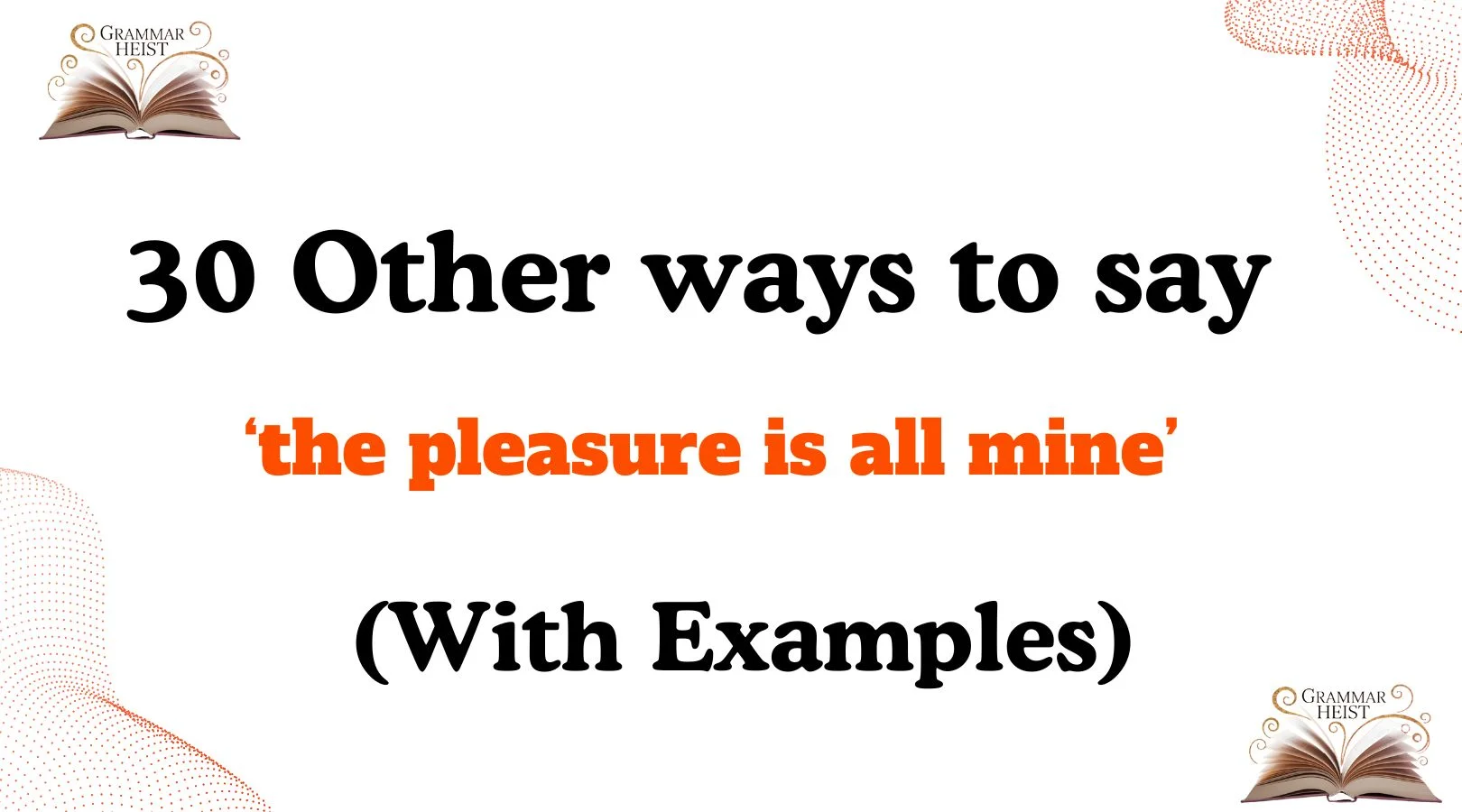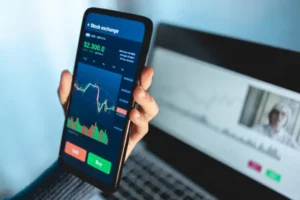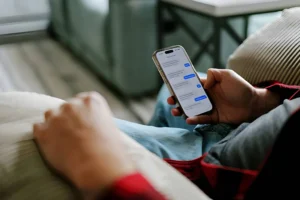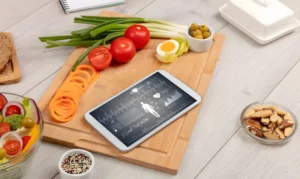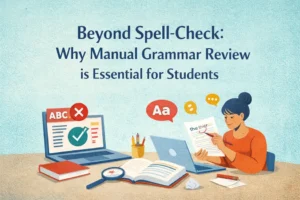30 Other Ways to Say ‘the pleasure is all mine’ (With Examples)
Finding the right words to express warmth, care, and gratitude can transform an ordinary interaction into a truly memorable one. While saying “the pleasure is all mine” is polite and kind, sometimes you may want a different phrase that feels more personal, professional, or heartfelt. In this guide, you’ll find 30 thoughtful alternatives to help you express yourself more meaningfully, whether in personal relationships or professional conversations.
What Does “the pleasure is all mine” Mean?
The phrase “the pleasure is all mine” is a polite way to express gratitude, appreciation, or enjoyment after someone thanks you or compliments you. It communicates that you genuinely enjoyed the interaction and that their appreciation is valued.
Is It Professional/Polite to Say “the pleasure is all mine”?
Yes, it is both professional and polite. The phrase conveys graciousness and humility, making it suitable in workplaces, business meetings, and formal settings. However, in very casual conversations, it can sometimes sound a bit formal or scripted. That’s why having alternatives can help you adapt based on the tone and relationship.
Pros or Cons
Pros
- Shows genuine appreciation
- Works in both formal and informal settings
- Conveys humility and respect
Cons
- May sound overly formal in casual settings
- Can feel repetitive if overused
Synonyms For the pleasure is all mine
- Happy to help
- Anytime
- I’m glad I could help
- It was nothing
- No problem at all
- Don’t mention it
- Always happy to help
- You’re most welcome
- Not at all
- It’s no trouble
- The honor was mine
- It was truly my honor
- I’m grateful for the chance
- It was a joy
- I really enjoyed it
- Always a pleasure
- I was happy to do it
- No worries
- It was wonderful
- My pleasure entirely
- I’m thankful for the opportunity
- It was delightful
- I enjoyed helping
- I’m glad we connected
- It was rewarding
- Always here for you
- It made me happy
- I’m glad to be of service
- The feeling is mutual
1. It was my pleasure
Scenario: A professional setting where a client thanks you for assistance.
Examples:
- “Thank you for your help.” → “It was my pleasure.”
- “I appreciate your time.” → “It was my pleasure.”
- “Thanks for attending.” → “It was my pleasure.”
Tone: Polite, professional, and respectful.
Explanation: This is the most common alternative and works in nearly any formal or informal context.
2. Happy to help
Scenario: A coworker or friend thanks you for assistance.
Examples:
- “Thanks for helping me move.” → “Happy to help.”
- “I appreciate the advice.” → “Happy to help.”
- “Thanks for answering so quickly.” → “Happy to help.”
Tone: Warm and approachable.
Explanation: This phrase emphasizes willingness and kindness.
3. Anytime
Scenario: A casual conversation where someone thanks you.
Examples:
- “Thanks for covering my shift.” → “Anytime.”
- “I appreciate your call.” → “Anytime.”
- “Thanks for listening.” → “Anytime.”
Tone: Friendly and relaxed.
Explanation: Suggests ongoing willingness to help or connect again.
4. I’m glad I could help
Scenario: Someone thanks you for solving a problem.
Examples:
- “Thanks for fixing the issue.” → “I’m glad I could help.”
- “Your advice really worked.” → “I’m glad I could help.”
- “Thanks for staying late.” → “I’m glad I could help.”
Tone: Supportive and empathetic.
Explanation: Reinforces that you’re genuinely happy to provide assistance.
5. It was nothing
Scenario: When you want to downplay your effort.
Examples:
- “Thanks for your support.” → “It was nothing.”
- “I really appreciate that favor.” → “It was nothing.”
- “Thanks for stepping in.” → “It was nothing.”
Tone: Humble and casual.
Explanation: Shows modesty by minimizing the act of help.
6. No problem at all
Scenario: Informal chats with friends or coworkers.
Examples:
- “Thanks for sending that file.” → “No problem at all.”
- “I appreciate the ride.” → “No problem at all.”
- “Thanks for waiting.” → “No problem at all.”
Tone: Relaxed and friendly.
Explanation: Puts the other person at ease.
7. Don’t mention it
Scenario: Casual or semi-formal interactions.
Examples:
- “Thank you so much.” → “Don’t mention it.”
- “I appreciate your help.” → “Don’t mention it.”
- “Thanks for doing that.” → “Don’t mention it.”
Tone: Easygoing and modest.
Explanation: Suggests that the favor didn’t require acknowledgment.
8. Always happy to help
Scenario: When you want to emphasize your reliability.
Examples:
- “Thanks for handling this.” → “Always happy to help.”
- “I appreciate your effort.” → “Always happy to help.”
- “Thanks for your guidance.” → “Always happy to help.”
Tone: Warm and reliable.
Explanation: Reinforces consistent willingness to be supportive.
9. You’re most welcome
Scenario: Formal meetings or polite exchanges.
Examples:
- “Thank you for joining.” → “You’re most welcome.”
- “Thanks for your time.” → “You’re most welcome.”
- “I appreciate your effort.” → “You’re most welcome.”
Tone: Polished and respectful.
Explanation: A formal and elegant way of responding to thanks.
10. Not at all
Scenario: A modest response to appreciation.
Examples:
- “Thanks for staying.” → “Not at all.”
- “I appreciate your kindness.” → “Not at all.”
- “Thanks for making time.” → “Not at all.”
Tone: Simple and humble.
Explanation: Downplays the favor with humility.
11. It’s no trouble
Scenario: A helpful act acknowledged by someone.
Examples:
- “Thanks for the lift.” → “It’s no trouble.”
- “I appreciate your support.” → “It’s no trouble.”
- “Thanks for making adjustments.” → “It’s no trouble.”
Tone: Thoughtful and reassuring.
Explanation: Assures the other person that helping was effortless.
12. The honor was mine
Scenario: Formal occasions such as ceremonies or events.
Examples:
- “Thank you for attending.” → “The honor was mine.”
- “Thanks for the introduction.” → “The honor was mine.”
- “I appreciate your time.” → “The honor was mine.”
Tone: Formal and respectful.
Explanation: Expresses gratitude with elevated politeness.
13. It was truly my honor
Scenario: When expressing deep appreciation.
Examples:
- “Thanks for including me.” → “It was truly my honor.”
- “I appreciate your invitation.” → “It was truly my honor.”
- “Thank you for trusting me.” → “It was truly my honor.”
Tone: Heartfelt and sincere.
Explanation: Stronger than “the honor was mine,” adding sincerity.
14. I’m grateful for the chance
Scenario: Expressing thankfulness for an opportunity.
Examples:
- “Thanks for letting me help.” → “I’m grateful for the chance.”
- “I appreciate the opportunity.” → “I’m grateful for the chance.”
- “Thanks for trusting me with this.” → “I’m grateful for the chance.”
Tone: Appreciative and humble.
Explanation: Acknowledges the opportunity as a privilege.
15. It was a joy
Scenario: Personal moments where kindness is exchanged.
Examples:
- “Thanks for visiting.” → “It was a joy.”
- “I appreciate your presence.” → “It was a joy.”
- “Thank you for spending time.” → “It was a joy.”
Tone: Warm and heartfelt.
Explanation: Conveys happiness and genuine pleasure.
16. I really enjoyed it
Scenario: After a meeting, dinner, or event.
Examples:
- “Thanks for inviting me.” → “I really enjoyed it.”
- “I appreciate your hospitality.” → “I really enjoyed it.”
- “Thanks for your company.” → “I really enjoyed it.”
Tone: Genuine and cheerful.
Explanation: Reflects true enjoyment of the experience.
17. Always a pleasure
Scenario: Business or casual parting phrase.
Examples:
- “Thanks for meeting.” → “Always a pleasure.”
- “I appreciate your time.” → “Always a pleasure.”
- “Thanks for chatting.” → “Always a pleasure.”
Tone: Warm and semi-formal.
Explanation: Suitable for ongoing professional or friendly relationships.
18. I was happy to do it
Scenario: When someone appreciates your effort.
Examples:
- “Thanks for the help.” → “I was happy to do it.”
- “I appreciate your assistance.” → “I was happy to do it.”
- “Thanks for handling this.” → “I was happy to do it.”
Tone: Supportive and genuine.
Explanation: Suggests joy in helping.
19. No worries
Scenario: Informal, lighthearted situations.
Examples:
- “Thanks for covering me.” → “No worries.”
- “I appreciate your effort.” → “No worries.”
- “Thanks for helping out.” → “No worries.”
Tone: Relaxed and casual.
Explanation: Keeps the interaction light and friendly.
20. It was wonderful
Scenario: After a meaningful experience.
Examples:
- “Thanks for meeting.” → “It was wonderful.”
- “I appreciate your presence.” → “It was wonderful.”
- “Thanks for your time.” → “It was wonderful.”
Tone: Warm and appreciative.
Explanation: Ideal for heartfelt interactions.
21. My pleasure entirely
Scenario: Polite and formal acknowledgment.
Examples:
- “Thanks for attending.” → “My pleasure entirely.”
- “I appreciate your trust.” → “My pleasure entirely.”
- “Thank you for reaching out.” → “My pleasure entirely.”
Tone: Elegant and formal.
Explanation: Similar to the original phrase, but slightly more refined.
22. I’m thankful for the opportunity
Scenario: Professional interactions like interviews.
Examples:
- “Thanks for meeting today.” → “I’m thankful for the opportunity.”
- “I appreciate your time.” → “I’m thankful for the opportunity.”
- “Thank you for considering me.” → “I’m thankful for the opportunity.”
Tone: Respectful and professional.
Explanation: Highlights gratitude for professional chances.
23. It was delightful
Scenario: Friendly or semi-formal interactions.
Examples:
- “Thanks for your company.” → “It was delightful.”
- “I appreciate your visit.” → “It was delightful.”
- “Thanks for chatting.” → “It was delightful.”
Tone: Cheerful and charming.
Explanation: Conveys positivity and friendliness.
24. I enjoyed helping
Scenario: When thanked for offering support.
Examples:
- “Thanks for your assistance.” → “I enjoyed helping.”
- “I appreciate your guidance.” → “I enjoyed helping.”
- “Thanks for the advice.” → “I enjoyed helping.”
Tone: Sincere and personal.
Explanation: Expresses that helping was a positive experience.
25. I’m glad we connected
Scenario: Networking or new relationships.
Examples:
- “Thanks for reaching out.” → “I’m glad we connected.”
- “I appreciate your message.” → “I’m glad we connected.”
- “Thanks for this conversation.” → “I’m glad we connected.”
Tone: Warm and engaging.
Explanation: Builds rapport and shows enthusiasm.
26. It was rewarding
Scenario: After contributing to a meaningful cause.
Examples:
- “Thanks for involving me.” → “It was rewarding.”
- “I appreciate your trust.” → “It was rewarding.”
- “Thanks for the opportunity.” → “It was rewarding.”
Tone: Reflective and sincere.
Explanation: Highlights the personal fulfillment from the experience.
27. Always here for you
Scenario: Personal and supportive relationships.
Examples:
- “Thanks for helping me.” → “Always here for you.”
- “I appreciate your support.” → “Always here for you.”
- “Thanks for checking in.” → “Always here for you.”
Tone: Caring and reassuring.
Explanation: Offers ongoing support.
28. It made me happy
Scenario: When expressing joy in helping someone.
Examples:
- “Thanks for your help.” → “It made me happy.”
- “I appreciate your effort.” → “It made me happy.”
- “Thanks for spending time.” → “It made me happy.”
Tone: Warm and sincere.
Explanation: Emphasizes genuine happiness in helping.
29. I’m glad to be of service
Scenario: Professional or formal acknowledgment.
Examples:
- “Thanks for your support.” → “I’m glad to be of service.”
- “I appreciate your time.” → “I’m glad to be of service.”
- “Thank you for trusting me.” → “I’m glad to be of service.”
Tone: Polite and professional.
Explanation: Suggests duty and willingness to help.
30. The feeling is mutual
Scenario: When both parties enjoy the interaction.
Examples:
- “Thanks for the meeting.” → “The feeling is mutual.”
- “I appreciate your kindness.” → “The feeling is mutual.”
- “Thanks for your time.” → “The feeling is mutual.”
Tone: Respectful and warm.
Explanation: Expresses shared appreciation and connection.
Conclusion
Saying “the pleasure is all mine” is a beautiful way to express gratitude and humility, but having a variety of alternatives allows you to adapt your tone, setting, and relationship. From casual and friendly phrases like “No worries” to professional responses like “I’m glad to be of service,” these options give you the flexibility to connect with others in a way that feels authentic and meaningful.Finding the right words to express warmth, care, and gratitude can transform an ordinary interaction into a truly memorable one. While saying “the pleasure is all mine” is polite and kind, sometimes you may want a different phrase that feels more personal, professional, or heartfelt. In this guide, you’ll find 30 thoughtful alternatives to help you express yourself more meaningfully, whether in personal relationships or professional conversations.
